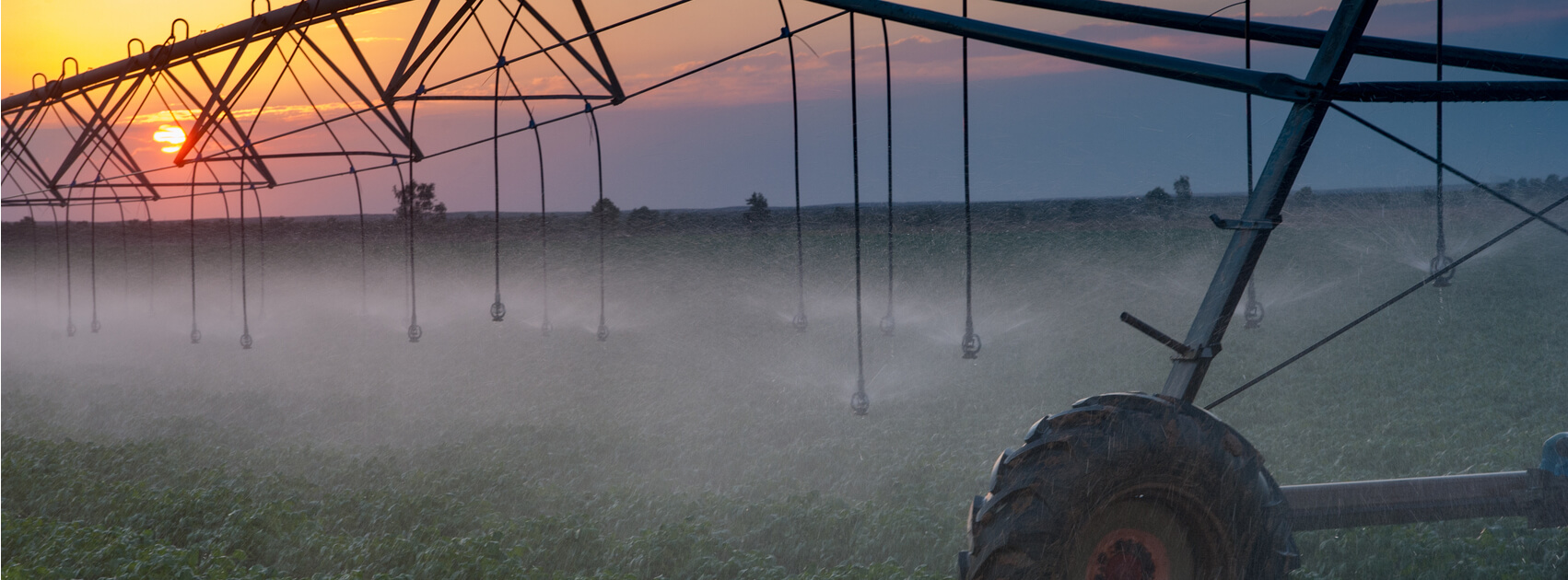
Israel, known for taking innovative approaches for conserving water in the most arid of climates, is gaining recognition for environmentally friendly efforts across all conservancy disciplines.
Even before their return to their homeland in the last century, the Jewish people have been connected to the land because of their deeply rooted philosophy of sowing and harvesting.
In biblical times, their feasts, festivals, and offerings were based on agricultural production. In the early 1900s, Jewish pioneers moved to the land only to find it barren, appearing to have little value on the surface.
However, the rich soil of Israel and the innovative minds of the Jewish people came together. The people and the land work side-by-side. Israel—the people and national land—join in covenant even from the first Zionists and wave of Aliyah.
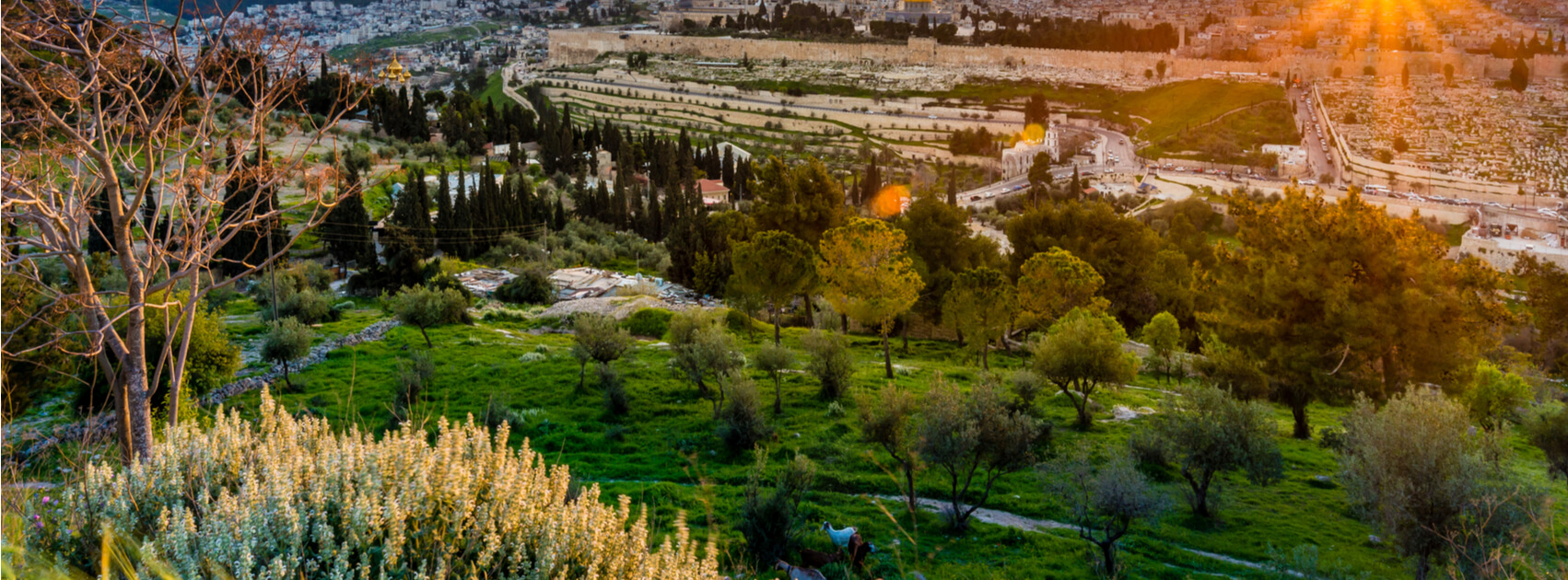
History: Israel and the Land Covenant
Take a step back and look at Israel over time. After Israel was taken captive by the Babylonians in approximately 600 A.D. and the fall of Babylon in 539 A.D., the Persian king, Cyrus, allowed the Jewish people to re-enter their homeland and rebuild the foundation of their faith on their land.
The Roman Empire then captured Jerusalem, and again, the Jews were forced out of the land.
The torment and torture of the Jewish people and their banishment from their land continued. The land suffered, as well as did the people.
We now skip ahead to the late 1800s when Jews began to return in small groups back to Israel. Some might ask, “Why?” Why did these people want to return to a land that was now dry and barren and where they had suffered at the hands of so many?
Because it is in their DNA. God ordained and declared it out of His Word generations ago, and so it shouldn’t surprise us that it is coming to pass.
“If any of you are driven out to the farthest parts under heaven, from there the Lord your God will gather you, and from there He will bring you. Then the Lord your God will bring you to the land which your fathers possessed, and you shall possess it. He will prosper you and multiply you more than your fathers.”—Deuteronomy 30:4-5
Through wars and waves of immigration, the Jewish people finally and officially called their land their own on May 14, 1948.
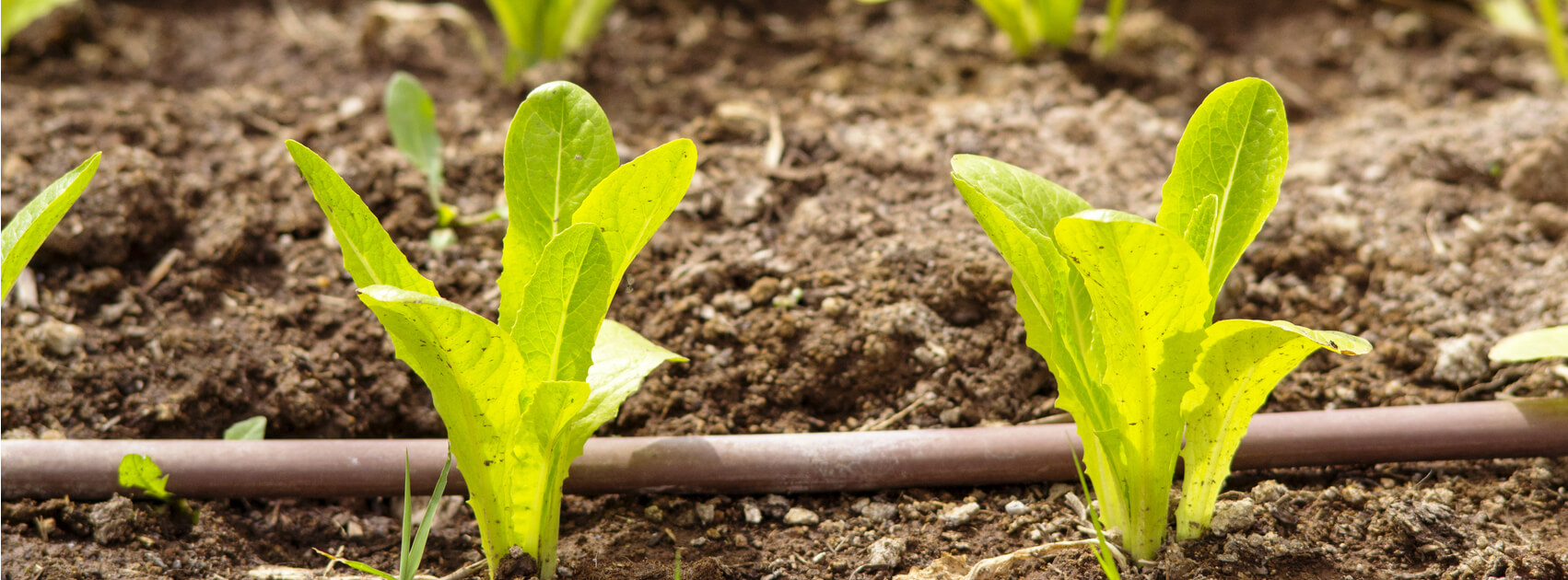
Present Day: Israel Harnesses Environmental Resources for Water Conservation
Believe it or not, clean water is a limited resource. Most of us have been told to turn lights off when we leave a room and not to leave our car running to better the environment, but water is our physical life source.
Without it, we die. It has become a commodity and will grow in value as time passes.
Water primarily covers the world, but it is salt water, unusable until it runs through a desalination process, which is an expensive and timely process. During droughts, water conservation technology is even more crucial.
During the drought of 2015, farmers in the United States, and especially California, were looking for innovative ways to conserve water; through the help of Israeli drip irrigation technology, many farmers now use 35% less water compared to those with surface or sprinkler irrigation.
Israel is widely considered the world leader in water recycling. In fact, thanks to strategic advancements in technology and diplomacy, Israel has more water than it uses, even in the midst of the arid climate.
They set limits as to how much water both they and their Jordan neighbors use seasonally from the Jordan and Yarmouk rivers.
As Israel continues to improve upon their desalination process, their ingenuity and conservation efforts have now put them in a place of water abundance due to the technology.
The IDE Technology Sorek facility in Sorek, Israel, is the largest and most advanced desalination facility in the world. It alone can provide water for 1.5 million people by processing seawater straight from the Mediterranean Sea.
The desalination process allows Israel to supply water to their crops as well as their neighbors’ crops.
The most efficient water conservation Israel has done is recycling 90% of its wastewater—the highest percentage in the world—for its crops. The United States recovers roughly 1%.
Similar to desalination, the wastewater recovery technology is costly. However, as Israel continues to use resources in conservative and revolutionary ways, efficiency and technology will improve, decreasing the cost.
Currently, Israel has available water during droughts and dry seasons, which is critical to their own agricultural and food production, as well as its economy.
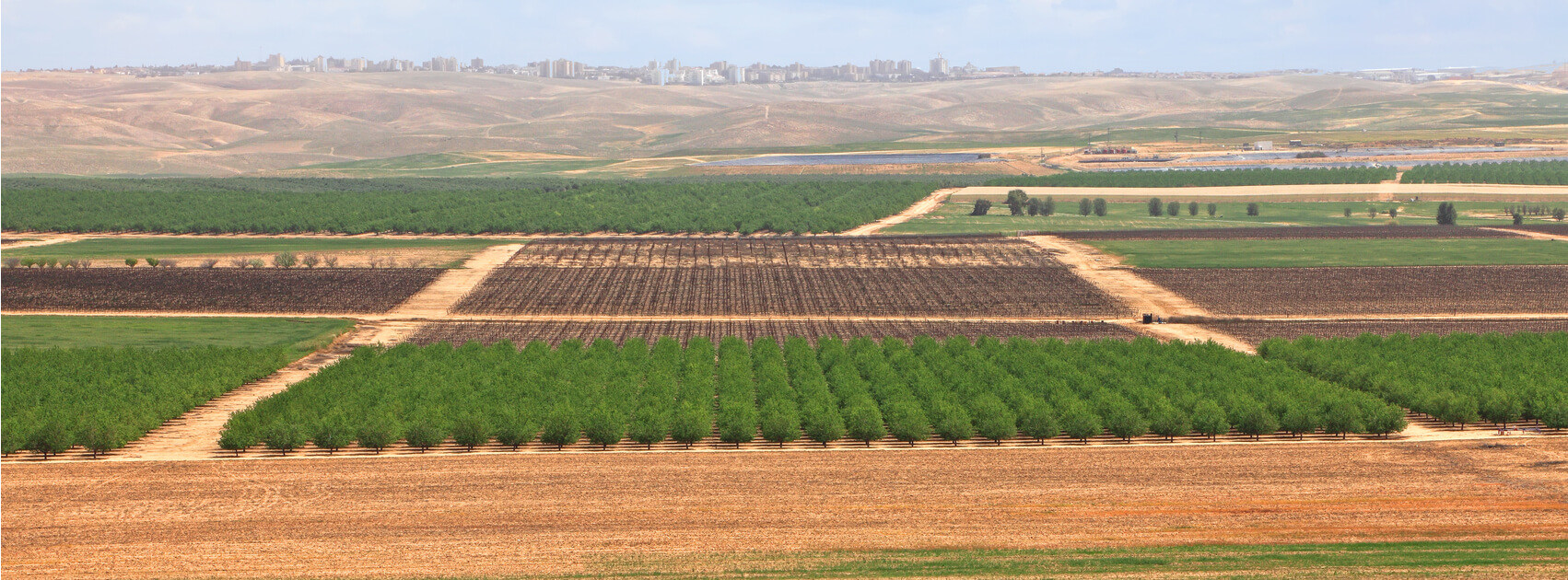
Future: My Olive Tree Supports the Environment Through Kibbutzim Farming
We knew that our goal was to care not only for the Israeli people but also for the agriculture and land around them. We knew that harnessing the earth’s potential and making the desert bloom was part of the Jewish hope and heritage.
“‘Behold the days are coming,’ says the Lord… ‘the mountains shall drip with sweet wine, and all the hills shall flow with it. I will bring back the captives of My people Israel; they shall build the waste cities and inhabit them; they shall plant vineyards and drink wine from them; they shall also make gardens and eat fruit from them. I will plant them in their land and no longer shall they be pulled up from the land I have given them,’ says the Lord your God.”—Amos 9:13-15
After a discussion between My Olive Tree’s founder, Curt Landry, and the then Israeli Finance Minister, Benjamin Netanyahu, the unique and exclusive opportunity for an economic outreach such as My Olive Tree was birthed.
My Olive Tree has a trusted relationship with the City of Jerusalem and the IDF—which controls the water resources in Israel—because we share the same values. We value the land and her people. We want to see a sustainable economy, government, and energy source.
Today, My Olive Tree provides or plants a tree for the kibbutz farmers. The IDF feeds water to the trees to nourish and grow.
There are many reasons we plant olive trees. But as far as the environment, olive trees are hardy and thrive in arid climates. They can live up to 500 years and beyond, which leaves a lasting legacy of farming in the land for the Jewish people, just as their ancestors did, and just as future generations will do.
The olive trees that flourish in the desert also promote a healthy economy. Through tree sponsorships we gift olive trees to kibbutzim and work closely with farmers, providing irrigation as each olive tree matures over the course of 3 years.
As the kibbutz farmers take over the care and production of the trees, they have a sense of pride and accomplishment, thereby increasing their motivation while they maintain the soil, restore the land, and beautify the desert.
At 4 years old, the tree can then be harvested for kosher olive oil. The kibbutz farmers receive 100% of the profit from these harvests. They have cared for and diligently worked to nourish these trees, and while it takes several years for a harvest, it is such a blessing when they are able to reap a truly remarkable profit.
Israel’s innovative water purification for crops
Israel’s water purification facilities can purify wastewater so thoroughly that humans can drink the processed water straight from the tap! Very impressive… but thankfully most of that water is used for crops!
Wherever the water comes from, the Israeli government ensures that it is purified, and My Olive Tree ensures that the water is brought to the olive trees and grapevines that supply endless opportunities for the nation of Israel and Jewish people.
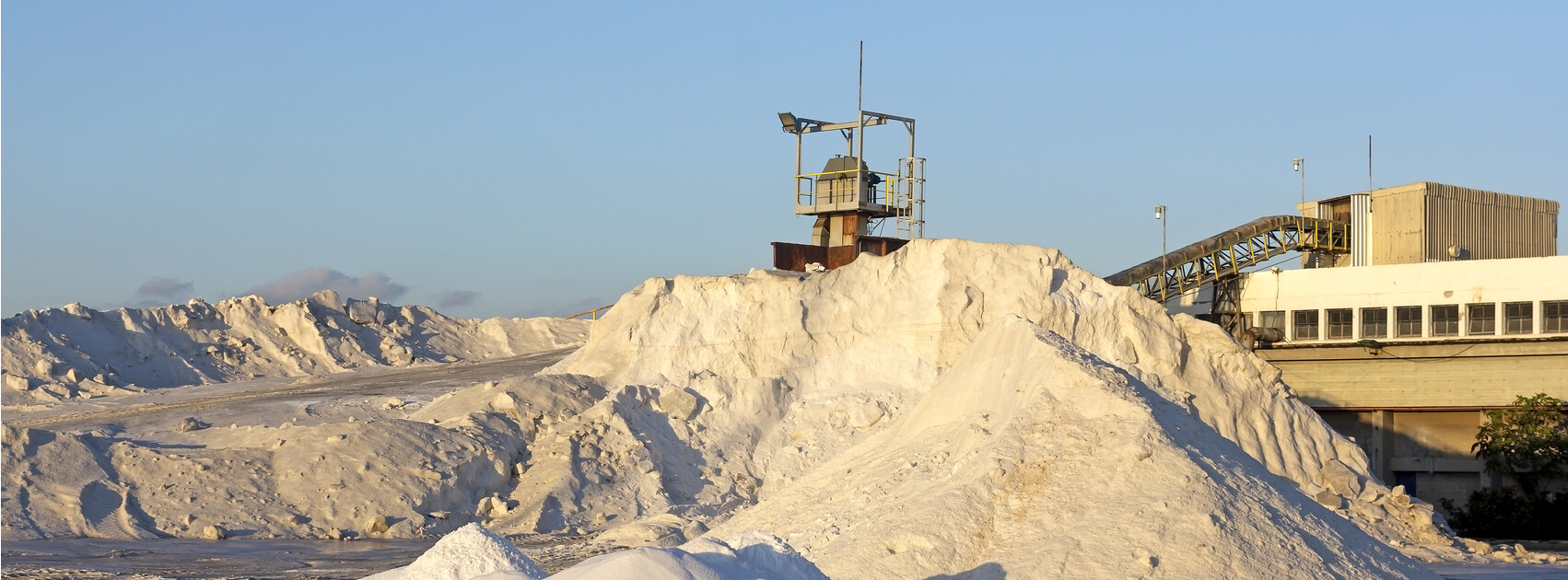
FAQs
Q: Why is the environment so important to our lives?
A: There are many reasons the environment is so important, but primarily when we take care of it, it takes care of us. It provides us with food that transfers to a sustainable economy, that leads to a more secure nation all around. And when we partner with a nation such as Israel that is built upon these principles, the blessings flow to our homeland as well.
Q: What is desalination?
A: Desalination is the removal of salt and minerals from water, thereby making it usable for farming and drinking.
Q: Why is Israel putting more resources into the environment?
A: Israel understands the importance of her land and the environment. While many years were spent solely on securing borders, the nation never lost sight of the value of sustainable agriculture.
Q: How does farming technology help the environment?
A: Early Israeli farmers and scientists developed an efficient technology known as drip irrigation. Primarily the bulk of the water is stored in a small tank or bucket that releases water to the plants slowly so that the plants can drink what they need as they grow and the water doesn’t go to waste—thus, conserving water.
Q: What is a kibbutz?
A: A kibbutz is a communal farm that relies on agricultural production for their livelihood. Kibbutz farming has been essential for the development of Israel since the early 1900s.
Q: What is a carbon footprint and how is Israel reducing it?
A carbon footprint is the emissions left by an individual or event and is expressed as carbon dioxide. Plants oxygenate the air, which reduces carbon dioxide and lessens the “carbon footprint” left behind.
Israel’s environmental conservation efforts point to oxygenating the air through planting and farming, specifically through kibbutzim.
Q: What is environmental prophecy?
A: Environmental prophecy is prophecy about the revival and flourishing land of Israel in the end-times. It isn’t something greatly discussed in regard to the anticipated return of the Messiah. However, it is to be noted that God spoke of Israel’s restoration to include not only the return of the Jewish people to their land but also of the revival of the land itself.
Q: What is My Olive Tree’s relationship with Israel and the City of Jerusalem?
A: In 2004 My Olive Tree’s founder, Curt Landry, met with then Israeli Finance Minister, Benjamin Netanyahu to discuss humanitarian aid efforts and the economic stability of Israel. Through the trusted relationship, My Olive Tree works with the Israeli Defense Forces (which has control over water distribution in Israel) and the City of Jerusalem to plant olive trees.
Q: I want to know more about the following:
Fill out this form to download your FREE infographic!






